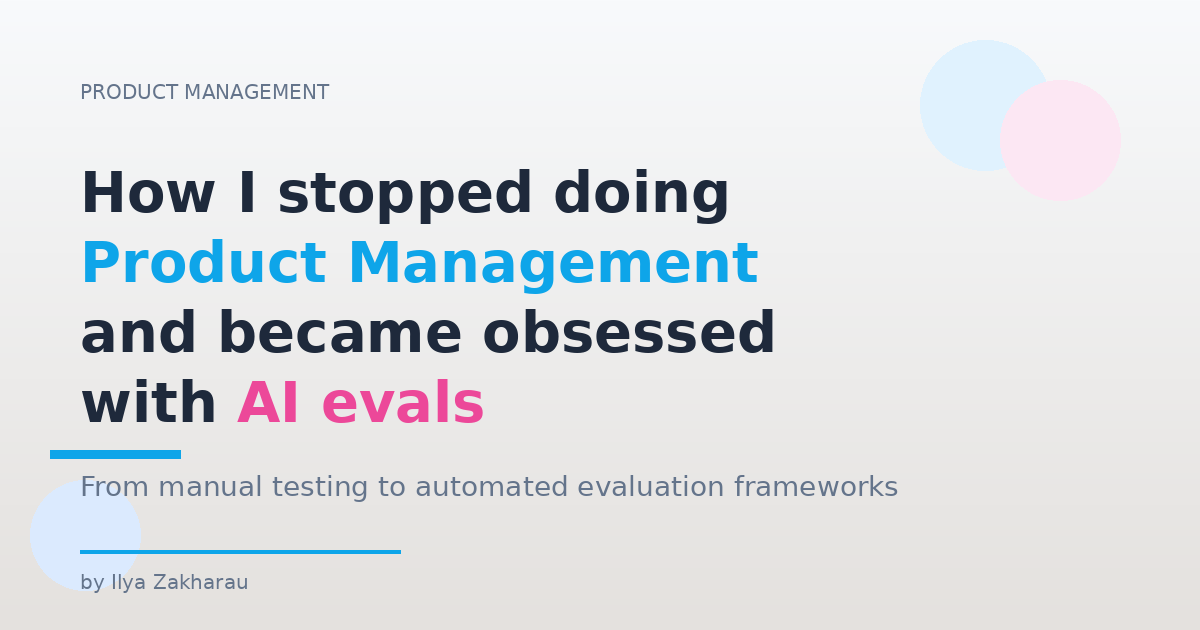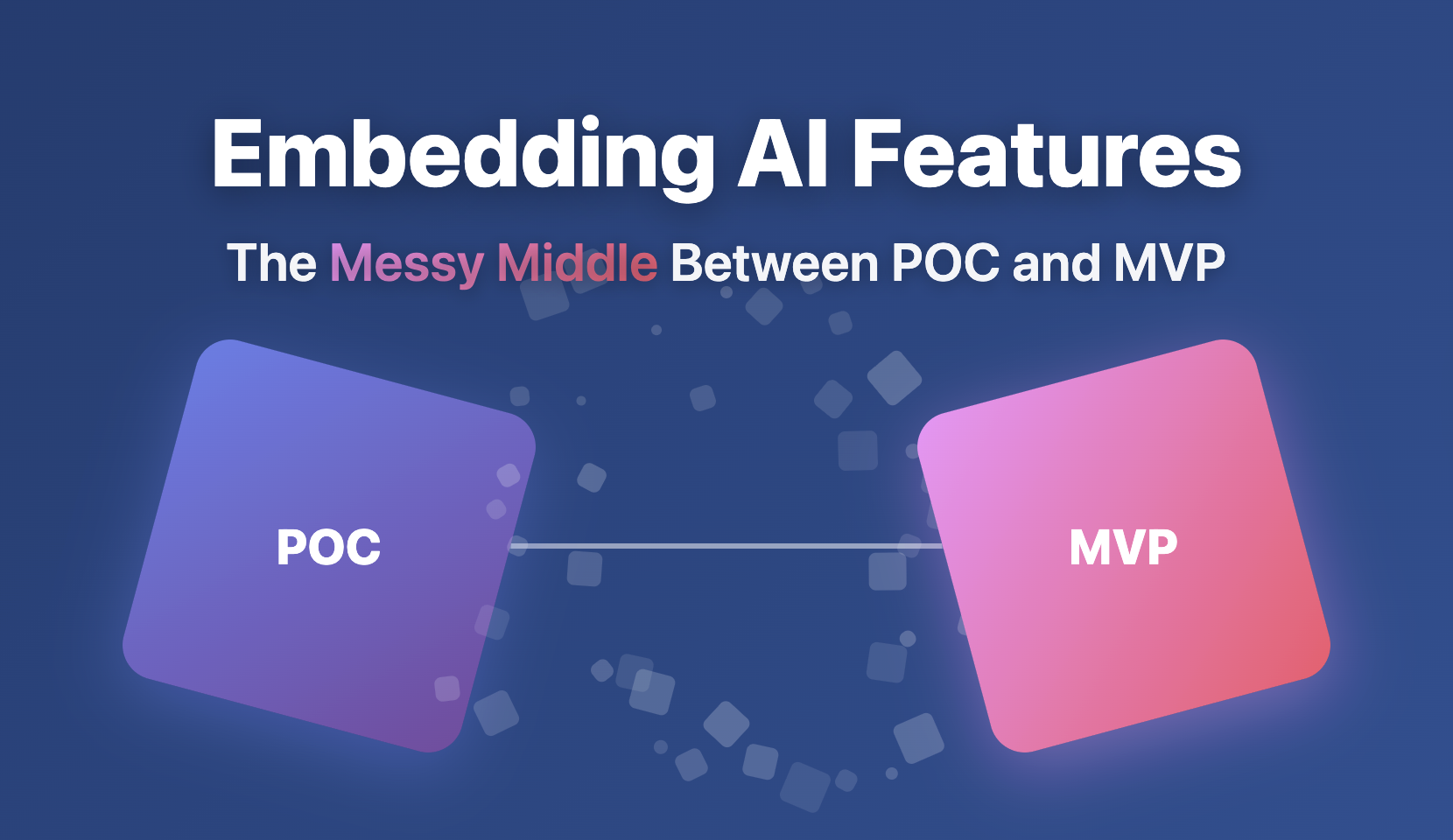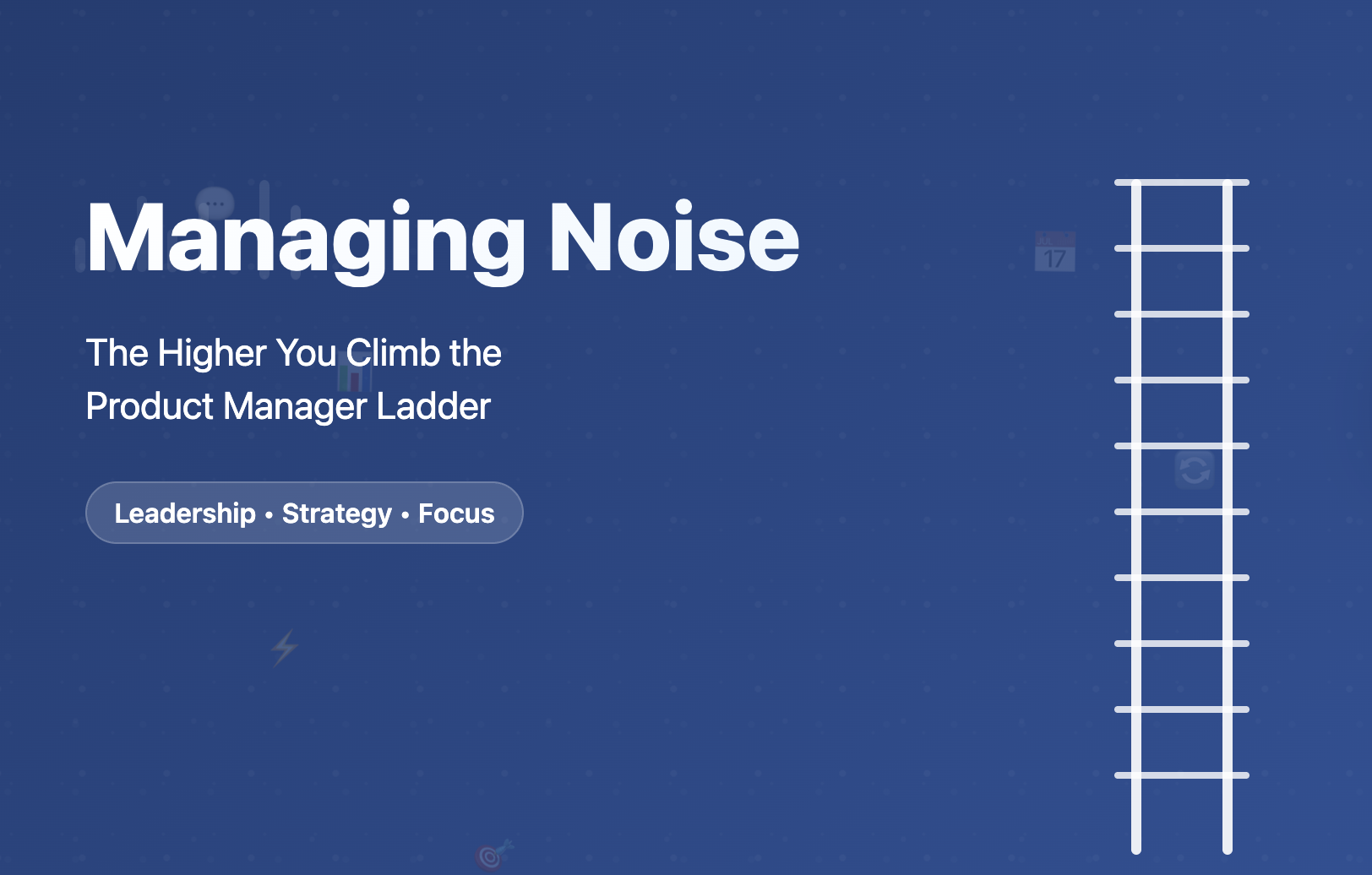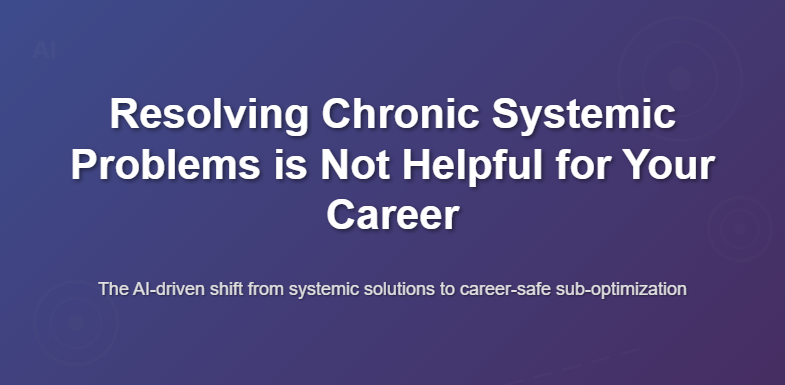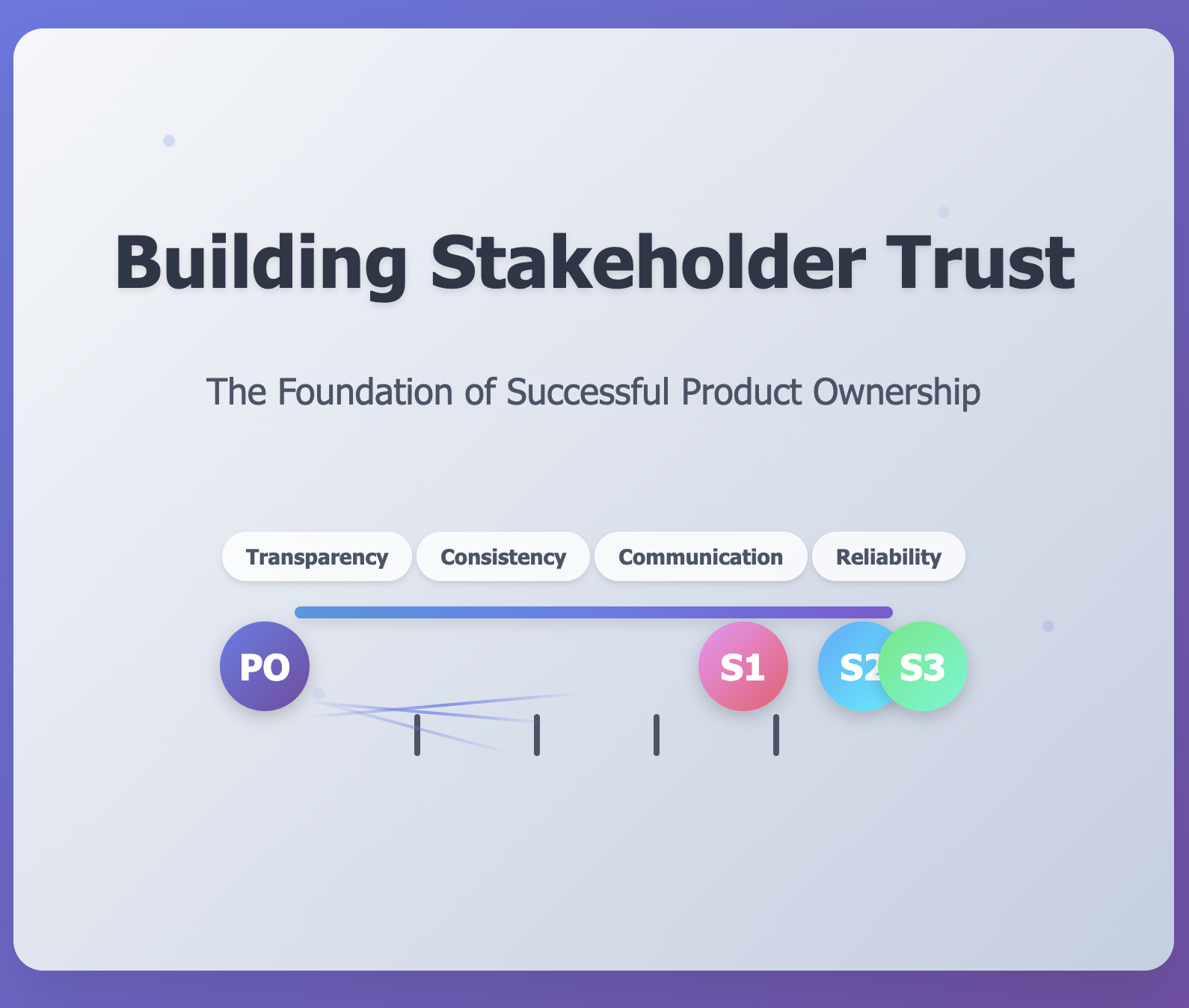My Main AI PM Concern is Maintaining Prompts, not Writing Them
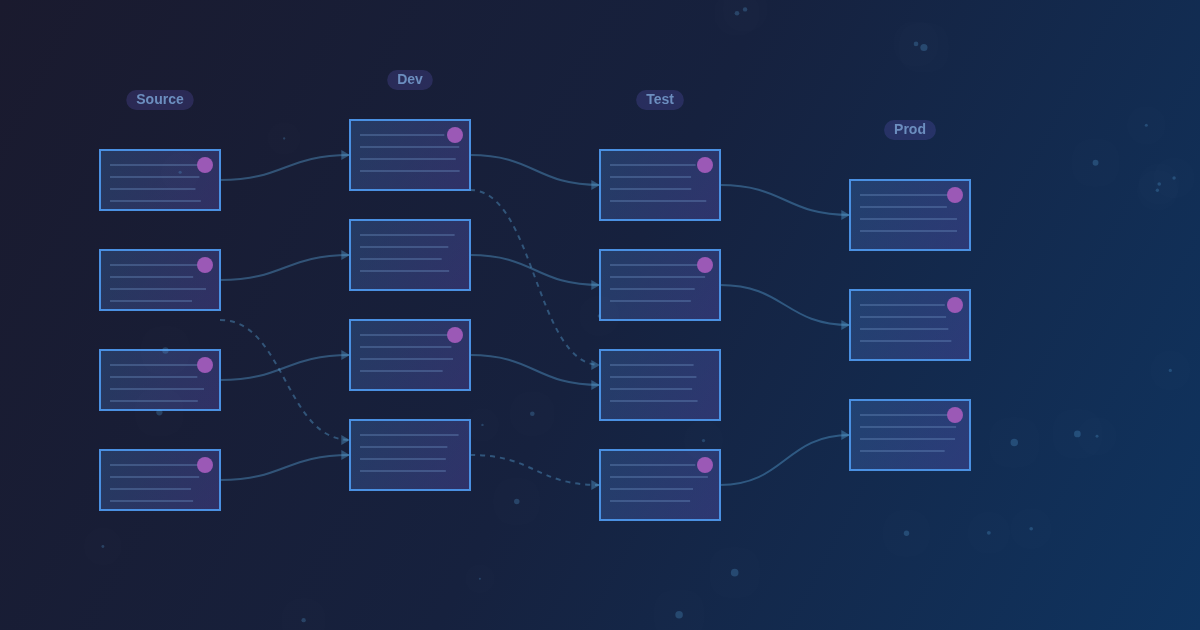
When my team started working on the AI feature, I was mostly concerned with writing clear, precise prompts. As shown, maintaining them throughout the development and operational lifecycle becomes a larger, unanticipated problem.
You will learn which issues with updating prompts you might encounter when you push your AI agent from MVP to Production. Below, I am sharing my findings on the operational side of the prompt management.

